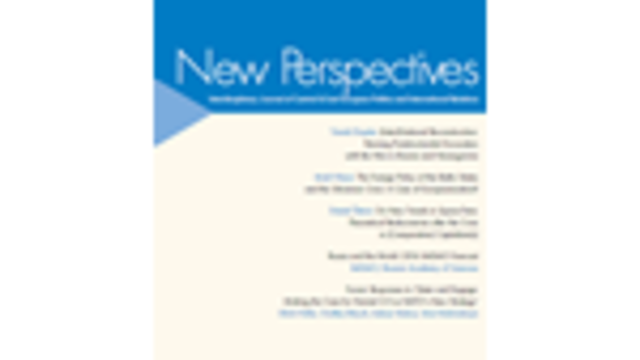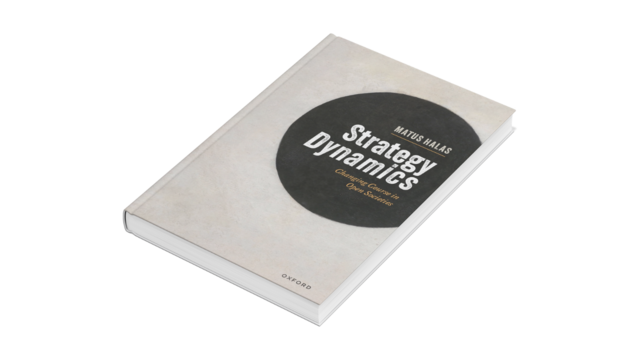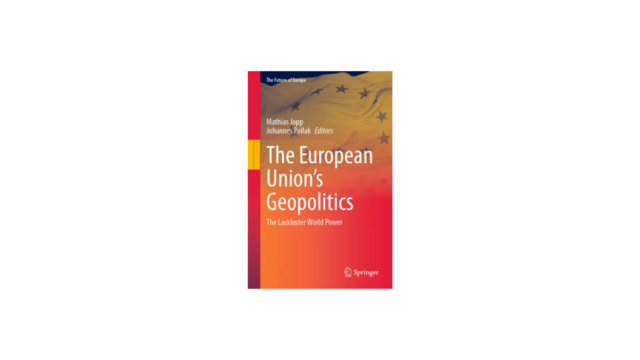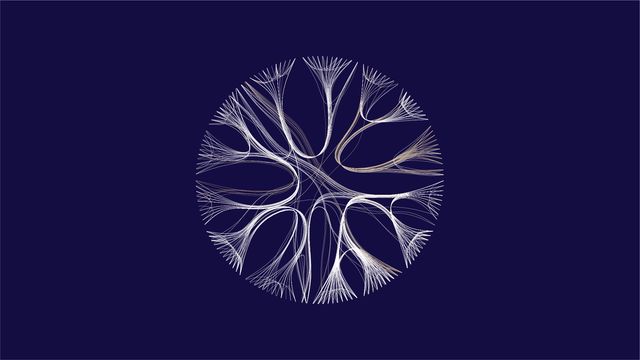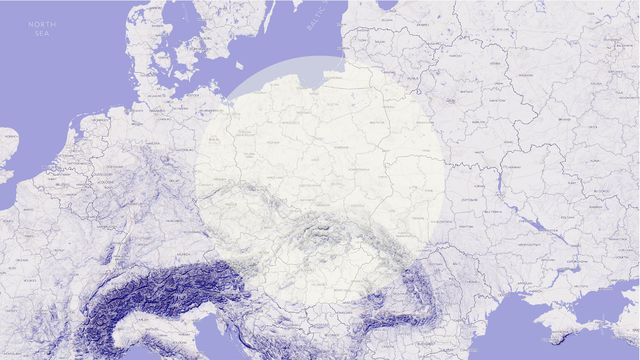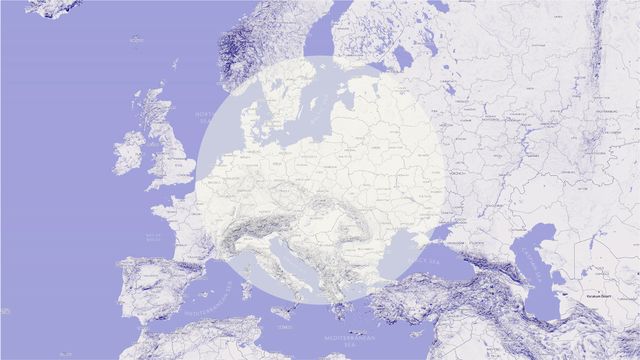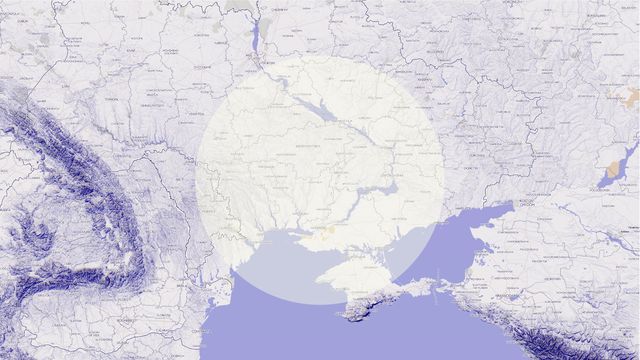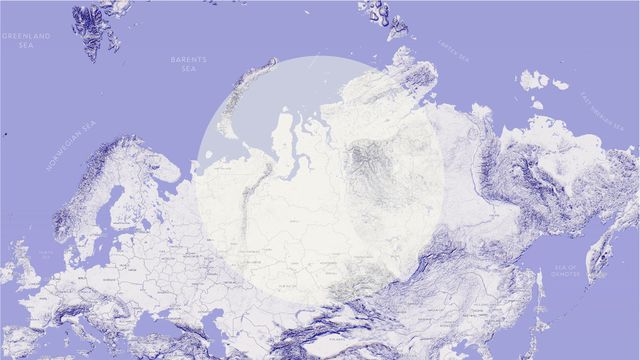New Perspectives Vol. 32 (1): The international politics of perception in Central and Eastern Europe
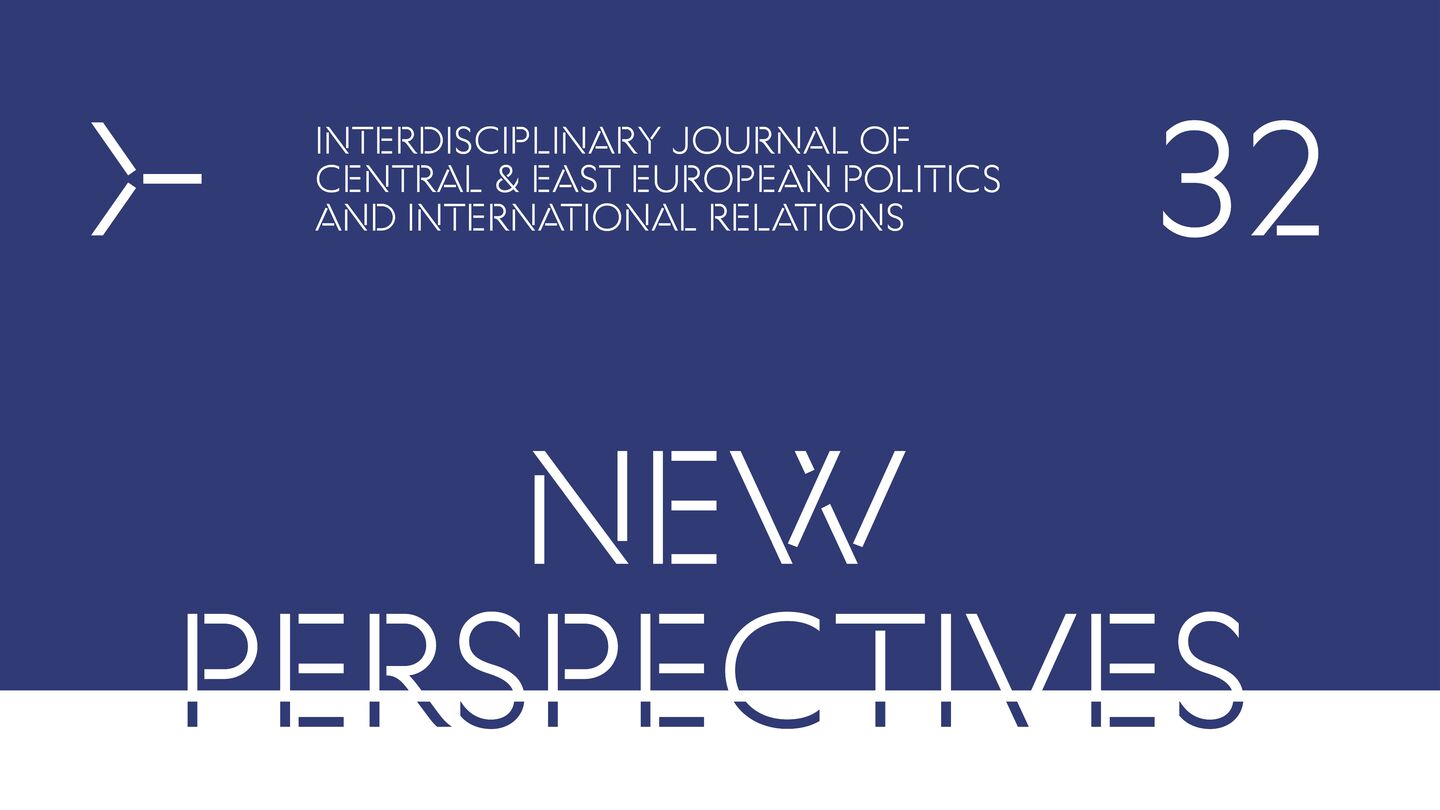
This year's first issue of New Perspectives is now out, with a collection of articles focussing on the international politics of perception in Central and Eastern Europe. The articles which constitute this issue examine, in various ways, precisely how perception structures international politics in the CEE region – from cultural diplomacy at Eurovision to national status amongst the Visegrád countries, anti-migrant rhetoric, and debates about regional integration and the strength of democracy.
The issue begins with Lea Welslau and Torsten Selck’s study of the Eurovision song contest, which explores how Russia and Ukraine seek to project their strategic narratives onto the world stage. The authors distinguish between the culturalist and neopropagandist approaches to public communications used by Russia and Ukraine respectively in their competition for European audiences.
Mate Szalai and Nikolett Garai’s study of how Visegrád countries international status has been impacted by perceived populism. The article shows that a complicated relationship between the status and image of small states, by analysing longitudinal data sets of intergovernmental interactions.
Mucha Zbyněk explores Czech and Polish migration policies, and how antimigrant rhetoric works to shape European democracies. Oleksandra Kovalevska examines the factors that shaped Ukraine’s ‘European turn’, drawing attention to the role of collective identity mobilisation in that process.
The issue concludes with Vira Haponenko, Volodymyr Rykhlik, Marina Shulga, Svitlana Bulbeniuk and Olha Naumenko’s study of the unresolved democratisation challenges facing Ukraine, focussing on the role of informal institutions, including lobbying, corruption, populism, non-conventional forms of political participation.
The full issue is available as an open-access in the link below.
